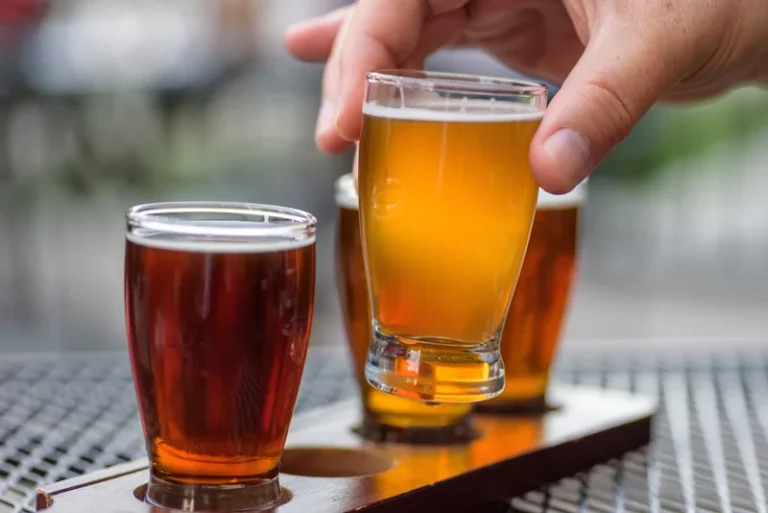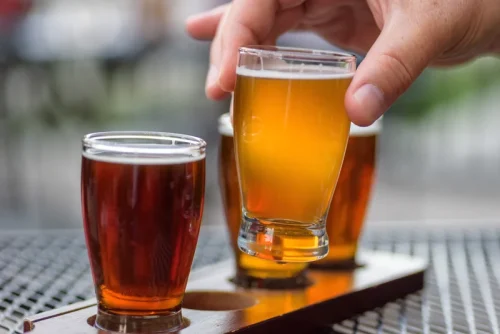
Get professional help from an online addiction and mental health counselor from BetterHelp. Indirect social pressure is a scenario that involves you being around others consuming alcohol, causing you to feel tempted to drink (although no one has offered you a drink). If those thoughts begin to creep in—those rationalizations about your eminent capability to now handle your liquor—shut them down immediately. Your abstinence did not, in fact, teach you how to control your drinking, because abstinence didn’t rewire your brain to be non-addicted. Instead, talk it out with your sponsor or sober friends.
Addiction Relapse Prevention Tips For The Holidays
- During this time, try to stick to as many of these new behaviors as you can.
- They have the potential to convince us that we deserve whatever we want in the moment regardless of the outcomes.
- Put your list in a visible (to you) location and start practicing these tips now.
- Navigating the holidays without a cohesive support system or a relapse prevention plan can be risky, especially if you have only recently completed rehab.
- Every late-November through December we are encouraged—sometimes even pressured, directly and indirectly—to celebrate the holidays that mark each year’s conclusion.
The latter is especially true for those battling a substance use disorder or an alcohol use disorder. Or perhaps for an individual in recovery who may get triggered by the festivities. Maintaining sobriety through the holidays may be challenging, but it is possible with effort, focus, and support. The holidays are usually a fun, magical time, but for people in recovery, it can feel overwhelming. They may feel loaded with potential triggers and stress due to parties or family gatherings.

Bring a Trusted Friend or Loved One
Early signs of a relapse or slip may be identified by family members, friends, or other loved ones, such as a spouse. Turn off the TV, turn down the lights, read a book, or drink a cup of calming noncaffeinated tea. All these things can sober holidays be part of a healthy bedtime routine. Before your holiday schedule becomes packed with parties, get-togethers, family dinners, and more, commit to getting regular sleep. Many people have activities or interests that help keep them balanced. During times of stress, it can be helpful to embrace them.
Get Treatment
- There are resources available to help you to achieve long-term sobriety and to live a productive life beyond the holidays, one step at a time.
- If you are new in recovery, you are likely creating new routines and daily habits for yourself.
- Download these 8 easy-to-make nonalcoholic drink recipes.
- One of the first things to remember about the holidays is that you can always say no.
- Read on to discover how to thrive rather than merely survive during Christmas in recovery.
What https://ecosoberhouse.com/ situations could possibly set you on the road toward relapse? Make a plan now for how you will deal with these events; maybe you’ll go to some extra meetings before you travel, and plan to call your sponsor or a fellowship friend if anything does happen. Or maybe you’ll investigate online meetings now, before anything happens, so you can go to a meeting at a moment’s notice. Remember, it’s okay to retreat to an earlier Recovery Zone for a few weeks.

This video and blog post will review 10 ways violations can occur. Find ways to simplify or eliminate travel plans and keep visits relatively short (or not at all). Find simple ways to say I love you without having to find the perfect gifts. Sober Holidays Tip #11 Be sure there is plenty of light in your life. Keep the lights bright at home, try to get out when the sun is shining, light a cheery fire in the fireplace. Winter solstice darkness and drabness can be psychologically (and physiologically) depressing.
What Are Common Triggers During The Holidays?

However, many people experience more stress during the holiday season, making this trigger more pertinent this time of year. The pressures and high expectations we place on the holiday season sometimes cause us to feel overwhelmed with stress and anxiety rather than merriment. B. Breath – Taking deep breaths also helps us remember that we are o.k. Again, when we feel threatened or stress, our breathing may become shallow, or we may find ourselves holding our breath. Focusing on our breath can get us re-grounded in the moment.

How to Get Help After Relapse
The holidays may be a difficult time, but you do not have to face addiction recovery alone. It is a more common experience than people think and there are many support groups and options available to help you fully heal. Landmark Recovery provides drug and alcohol recovery centers that help addicts take the first steps towards achieving and maintaining sobriety.